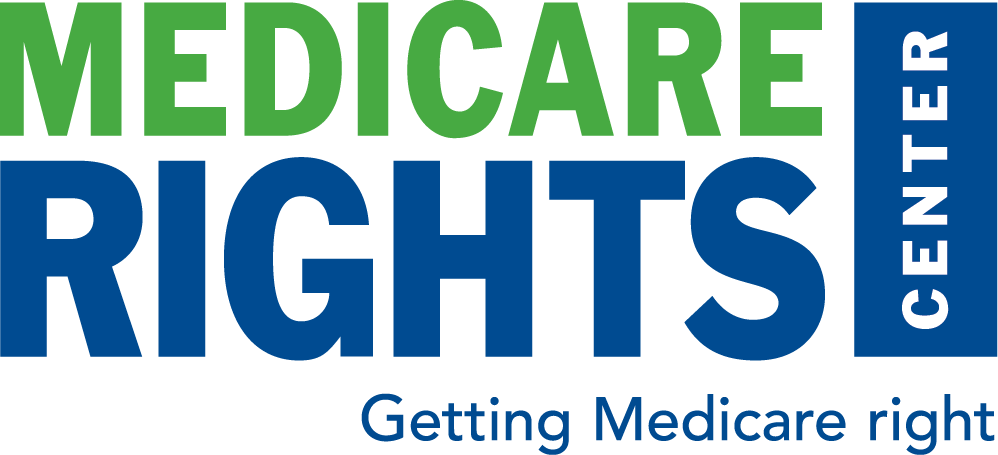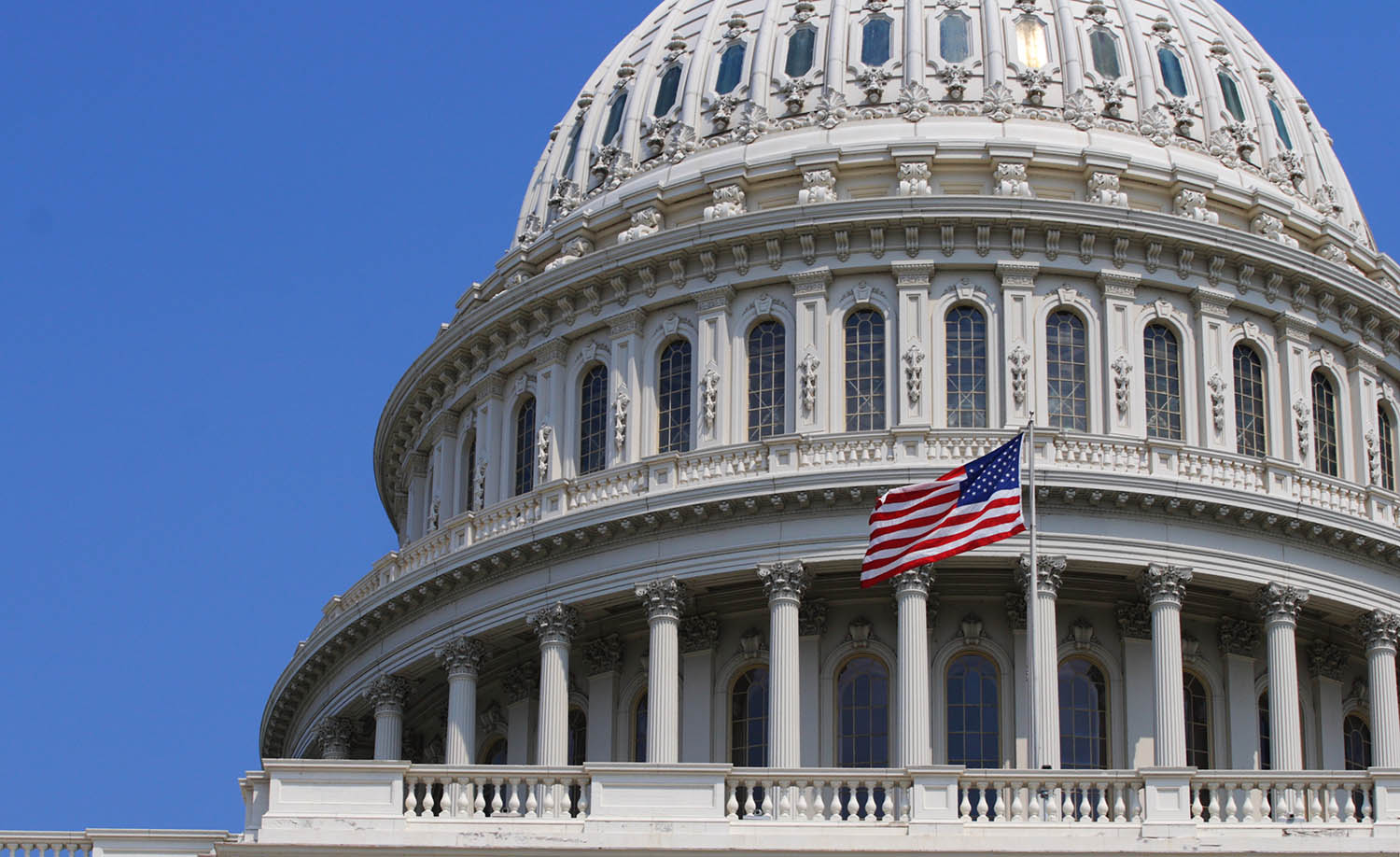U.S. Senate Picks up Pace with Efforts to Repeal the Affordable Care Act
- By Julie Carter
- June 8, 2017

Last month, the U.S. House of Representatives passed—by a very narrow margin—the American Health Care Act (AHCA) (H.R.1628) a partial repeal of the Affordable Care Act as well as a major rewrite of the Medicaid program. The House passed the bill without the usual process of public hearings and input from experts and citizens. Further, in a highly unusual move, the House voted without having a score from the Congressional Budget Office (CBO), a non-partisan independent body that provides analyses of major legislation so that both lawmakers and the public can understand what a bill would cost if it became law.
The CBO released its analysis of the AHCA bill in late May, finding that the bill would result in 23 million Americans losing health care coverage, many of them over age 50, and would cut over $800 billion from the Medicaid program. At the same time, the bill would provide $600 billion in tax cuts for wealthy Americans and corporations.
Now the focus turns to the U.S. Senate. Though many Senators initially expressed deep concerns with the AHCA’s provisions, there are strong indications that the chamber is moving forward through a similarly rushed, secretive process and making only minor changes to the bill. Recently, Senate leaders have promised their plan will be essentially the same as the House’s bill, despite the AHCA’s deep unpopularity.
Like the House, the Senate is forgoing public hearings or expert testimony and has not released the text they are working on. This leaves the public in the dark about what the bill will contain and what it will mean for American families.
Process aside, Medicare Rights believes passage of the AHCA bill or any similar policies will result in higher health care costs or coverage losses for older adults, people with disabilities, and their families. The AHCA ends the Medicaid expansion, allows insurers to charge older enrollees even higher premiums, and provides less generous assistance to help people in the Marketplaces afford premiums and cost sharing. The AHCA also effectively dismantles Medicaid—cutting federal payments to the program through what’s known as a per-capita cap—that could significantly harm older adults and people with disabilities who rely on both Medicare and Medicaid.
Eleven million people with Medicare need help from Medicaid to cover vital long-term home health care and nursing home services, to afford their Medicare costs, and more. Federal cuts to Medicaid brought about by per-capita caps would drive states to make hard choices, likely leading states to scale back benefits, impose waiting lists, implement unaffordable financial obligations, or otherwise restrict access to needed care for older adults and people with disabilities.
Other provisions in AHCA would undermine Medicare. The bill repeals a tax increase that affects only high earners and thereby manufactures a Medicare funding crisis that could be used later in the name of cutting earned Medicare benefits.
Currently, the Senate intends to vote on the AHCA bill this summer, even as early as the end of this month. Join Medicare Rights and urge your Senators to abandon the AHCA.
The Latest
Most Read
Add Medicare to Your Inbox
Sign up to receive Medicare news, policy developments, and other useful updates from the Medicare Rights.









